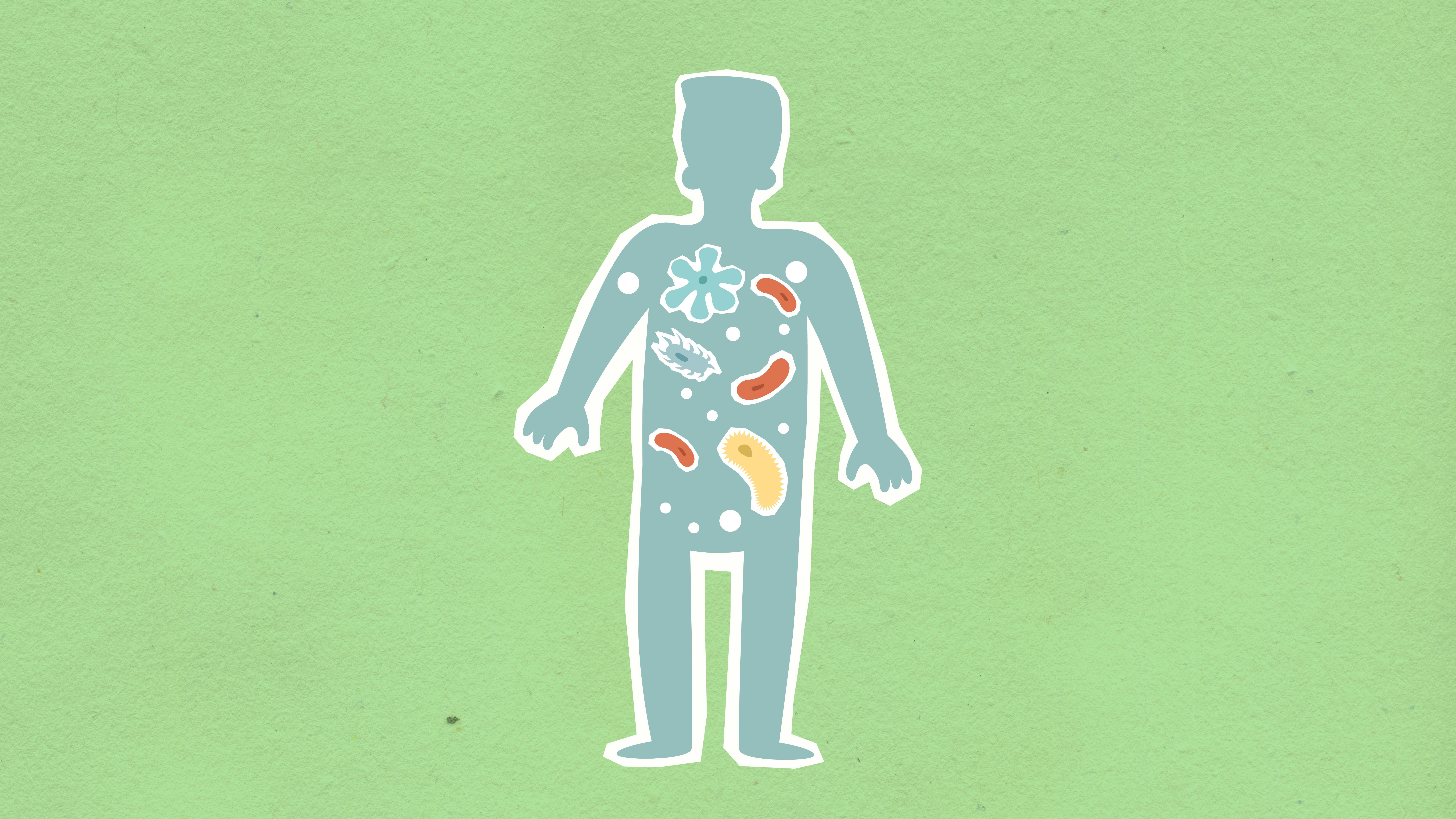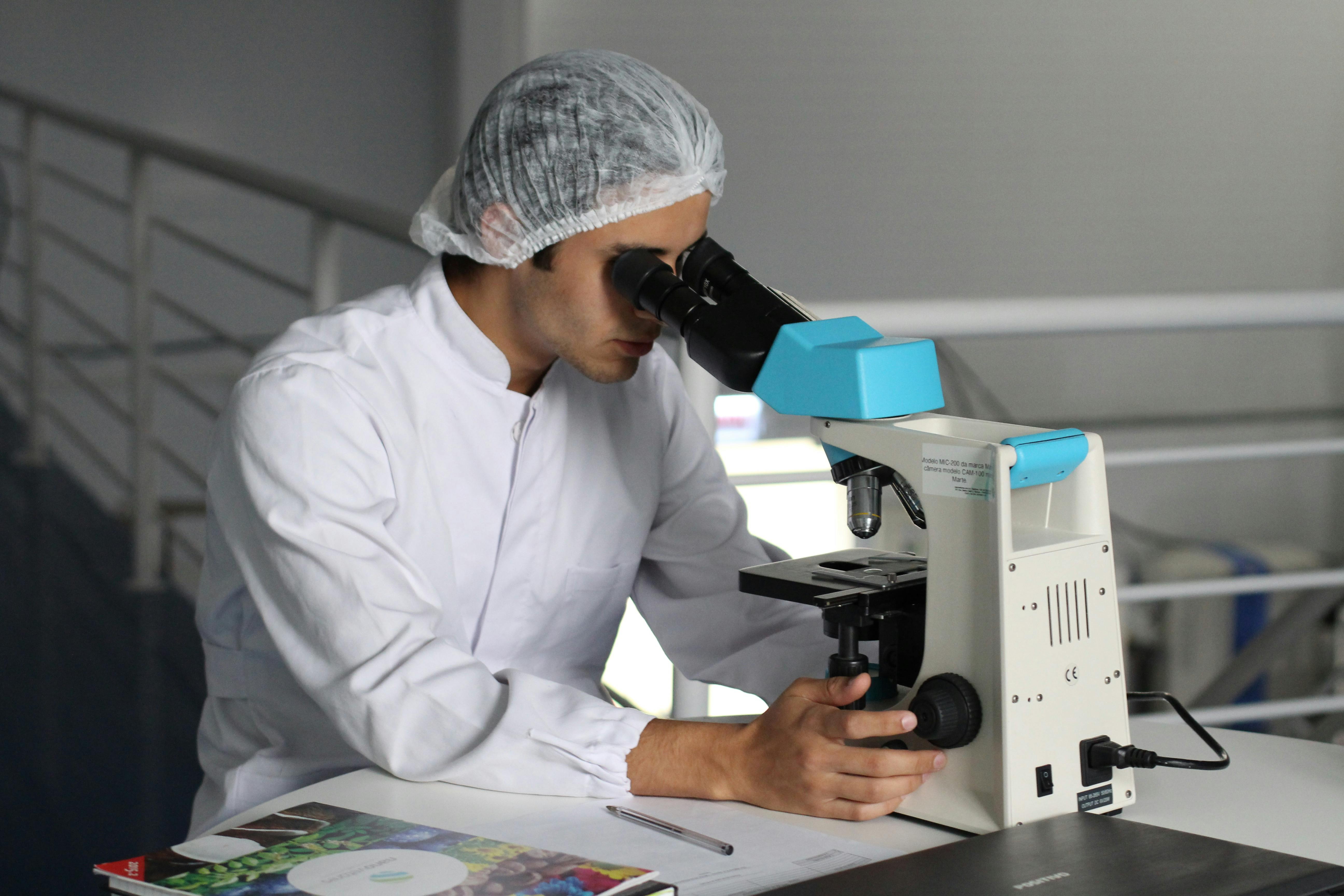Eating Smart for Your Genes: 12 Diet Hacks to Align with Your DNA
In the evolving landscape of personalized health, the concept of eating smart for your genes is gaining significant traction. Our genetic makeup not only influences our physical traits but also determines how our bodies respond to various foods. This understanding is pivotal in crafting a diet that aligns with our DNA, optimizing health, and managing weight effectively. The notion isn't just about counting calories or following generic diet plans; it's about a tailored approach that considers genetic predispositions. This article delves into 12 actionable diet hacks that leverage genetic insights to promote peak health and efficient weight management.
Understanding Nutrigenomics: The Science Behind It

Nutrigenomics is the study of how our genes interact with our diet. This field explores how individual genetic variations affect the way we metabolize nutrients, process foods, and respond to dietary components. By analyzing genetic markers, nutrigenomics provides insights into which nutrients are beneficial or detrimental to specific individuals. This science underscores the importance of personalized nutrition, moving away from one-size-fits-all dietary recommendations. Understanding these interactions helps in customizing diet plans that not only cater to personal health needs but also prevent potential genetically related health issues.
The Role of Genetic Testing in Diet Planning

Genetic testing serves as a cornerstone in developing a diet plan that aligns with your DNA. These tests analyze specific genes related to metabolism, weight gain, and food sensitivities. By identifying genetic predispositions, such as a tendency to gain weight or difficulty processing certain nutrients, individuals can tailor their diets accordingly. Genetic testing provides a roadmap for making informed dietary choices that align with one's unique biological makeup. This proactive approach enables the prevention of diet-related health issues and enhances the effectiveness of weight management strategies.
Personalized Macronutrient Ratios

Understanding your genetic predispositions can guide the optimal balance of macronutrients—carbohydrates, proteins, and fats—in your diet. Some individuals may have a genetic inclination towards better carbohydrate metabolism, while others may thrive on higher protein intake. By aligning macronutrient ratios with genetic insights, one can enhance energy levels, improve metabolic efficiency, and support weight management. This personalized approach ensures that the body receives the right fuel, reducing the risk of metabolic disorders and promoting overall well-being.
Embracing Genetic Food Sensitivities

Food sensitivities can significantly impact health and weight management. Genetic testing can identify predispositions to certain food intolerances, such as lactose or gluten. By acknowledging these sensitivities, individuals can adjust their diets to avoid adverse reactions, which can lead to inflammation, digestive issues, and weight gain. Embracing these genetic insights allows for the elimination or reduction of problematic foods, thereby optimizing digestion, enhancing nutrient absorption, and supporting a healthy weight.
Leveraging Genetic Insights for Vitamin and Mineral Needs

Our genetic makeup influences how we absorb and process vitamins and minerals. Genetic testing can reveal deficiencies or increased needs for specific nutrients, such as vitamin D or iron. By understanding these genetic tendencies, individuals can adjust their diets to include foods rich in these necessary nutrients or consider appropriate supplementation. This targeted approach not only prevents nutrient deficiencies but also enhances overall health, supports immune function, and contributes to effective weight management.
The Impact of Genes on Appetite and Satiety

Genes play a critical role in regulating hunger hormones and satiety signals. Variations in genes like FTO and MC4R can influence appetite, leading to overeating or difficulty feeling full. By understanding these genetic factors, individuals can adopt strategies to manage hunger effectively. This might involve incorporating foods that promote satiety, such as high-fiber or protein-rich options, or timing meals to align with natural hunger rhythms. Addressing genetic influences on appetite can significantly aid in weight management and prevent overeating.
Genetic Predispositions and Metabolic Rate

Metabolism is a complex process influenced by genetic factors. Some individuals have a naturally faster metabolic rate, while others may struggle with a slower metabolism. Genetic testing can identify these predispositions, allowing for tailored dietary and lifestyle interventions. For those with a slower metabolism, strategies might include increasing physical activity or focusing on metabolism-boosting foods. Understanding and addressing these genetic influences can enhance energy expenditure, support weight loss efforts, and improve overall metabolic health.
Tailoring Exercise to Genetic Insights

Physical activity is a crucial component of weight management and overall health, and genetics can guide the most effective exercise strategies. Some people may have a genetic advantage for endurance activities, while others excel in strength-based exercises. By aligning exercise routines with genetic predispositions, individuals can maximize the benefits of physical activity, improve fitness levels, and support weight management goals. This personalized approach ensures that exercise is not only effective but also enjoyable, promoting long-term adherence.
The Influence of Genes on Sleep and Weight

Sleep quality and duration have a profound impact on weight management, and genetics play a role in sleep patterns. Variations in genes related to circadian rhythms can affect sleep quality, influencing hunger hormones and metabolism. By understanding genetic predispositions to sleep issues, individuals can adopt strategies to improve sleep hygiene, such as establishing regular sleep schedules or creating a conducive sleep environment. Addressing genetic influences on sleep can enhance weight management efforts and improve overall health.
Genetic Factors in Stress Response and Eating Habits

Stress is a significant factor in weight management, and genetic variations can influence how individuals respond to stress. Some people may have a genetic predisposition to stress eating or emotional eating. By understanding these genetic tendencies, individuals can develop coping strategies to manage stress effectively, such as mindfulness or relaxation techniques. Addressing genetic influences on stress response can prevent stress-related weight gain and promote healthier eating habits.
The Role of Gut Microbiome and Genetics

The gut microbiome plays a crucial role in digestion, metabolism, and weight management, and genetics can influence the composition of gut bacteria. Genetic testing can provide insights into how the microbiome affects nutrient absorption and weight regulation. By understanding these interactions, individuals can adopt dietary strategies to support a healthy gut microbiome, such as incorporating probiotics or prebiotic-rich foods. This approach not only enhances digestive health but also supports effective weight management.
Future Directions: The Evolving Field of Nutrigenetics

The field of nutrigenetics is rapidly evolving, with ongoing research uncovering new genetic markers and dietary interactions. As technology advances, genetic testing will become more accessible and comprehensive, providing even deeper insights into personalized nutrition. The future of nutrigenetics holds the promise of more precise dietary recommendations, tailored to individual genetic profiles. Embracing these advancements will enable individuals to make informed dietary choices, optimize health outcomes, and achieve sustainable weight management.
Embracing Your Genetic Potential

Eating smart for your genes is not just a trend; it's a transformative approach to health and wellness. By understanding and embracing genetic insights, individuals can tailor their diets to align with their DNA, optimizing health and managing weight effectively. This personalized approach empowers individuals to make informed dietary choices, prevent genetically related health issues, and achieve optimal health. As the field of nutrigenetics continues to evolve, the potential for personalized nutrition will expand, offering new opportunities to enhance well-being and quality of life.
